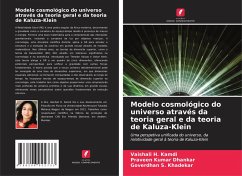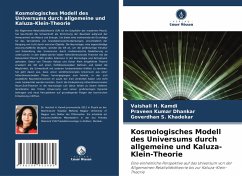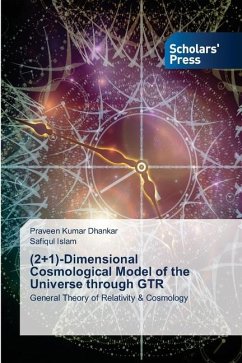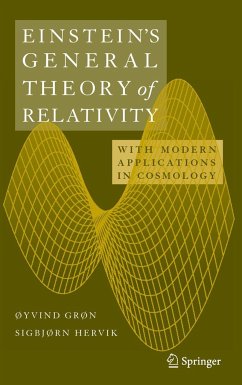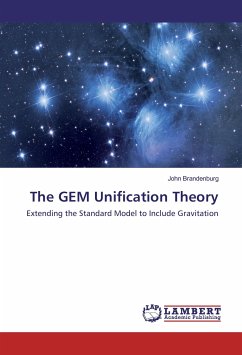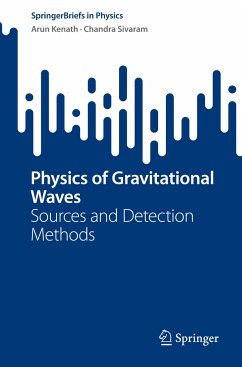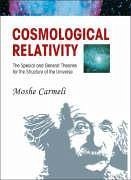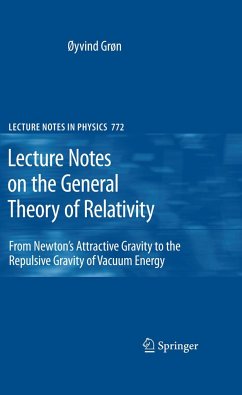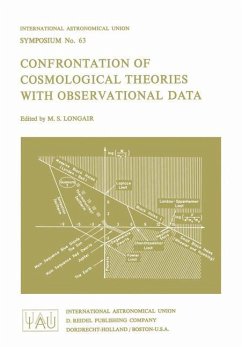
Cosmological Model of Universe Through General & Kaluza-Klein Theory
A Unified Perspective on the Universe from General Relativity to Kaluza-Klein Theory
Versandkostenfrei!
Versandfertig in 6-10 Tagen
49,99 €
inkl. MwSt.

PAYBACK Punkte
25 °P sammeln!
General Relativity (GR) is a cornerstone of modern physics, describing gravity as the curvature of space-time due to the presence of mass and energy. It provides a mathematical foundation for understanding gravitational interactions, including the bending of light by massive objects. Cosmology, a distinct scientific discipline, applies GR to study the universe's large-scale structure and evolution through mathematical modeling. In recent years, higher-dimensional theories such as Kaluza-Klein (KK) theory have attracted significant interest in cosmology and astrophysics. Introduced by Theodor K...
General Relativity (GR) is a cornerstone of modern physics, describing gravity as the curvature of space-time due to the presence of mass and energy. It provides a mathematical foundation for understanding gravitational interactions, including the bending of light by massive objects. Cosmology, a distinct scientific discipline, applies GR to study the universe's large-scale structure and evolution through mathematical modeling. In recent years, higher-dimensional theories such as Kaluza-Klein (KK) theory have attracted significant interest in cosmology and astrophysics. Introduced by Theodor Kaluza and Oskar Klein, this theory extends GR into a five-dimensional framework, offering potential insights into unifying gravity with other fundamental forces. It posits that our four-dimensional universe may have emerged from a higher-dimensional phase, where additional spatial dimensions became compactified and unobservable over time. By incorporating higher-dimensional space-time theories into cosmology, this work aims to provide a deeper understanding of the early universe and its large-scale dynamics, offering new perspectives on fundamental questions about cosmic evolution.






